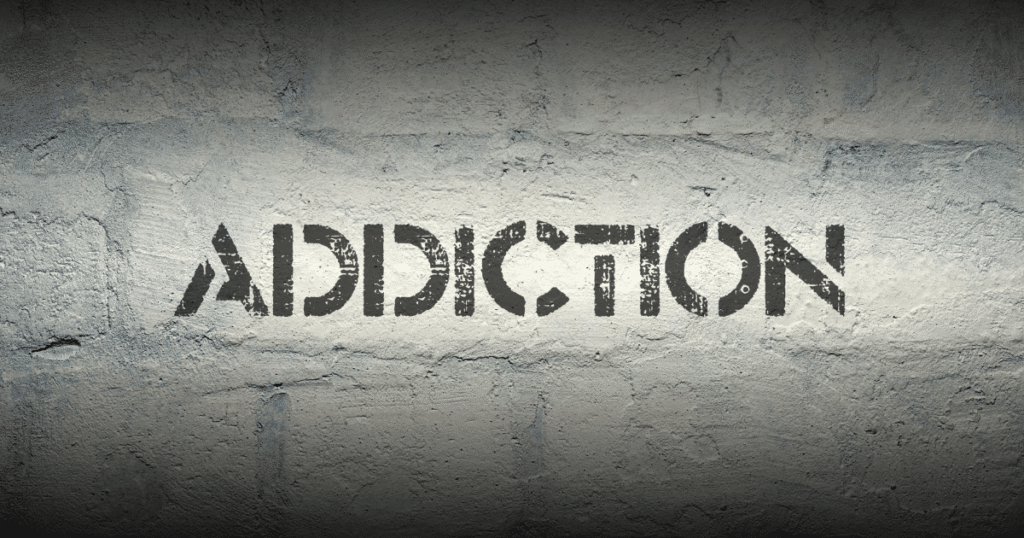The terms habit and addiction are frequently interchanged, yet their implications and consequences are significantly distinct. Habits often hinge on repetitive behaviors that are not inherently harmful, while addictions often wrest control over one’s actions. While breaking a habit might require some willpower, managing an addiction usually necessitates professional treatment and lifestyle alterations.
Is It An Addiction Or Simply a Habit?
Habits originate from a deliberate choice but can evolve into an addiction if not monitored or if circumstances lead someone into the preliminary phases of a substance use disorder. A habit becomes an addiction when it starts to dominate your life to the extent that you don’t feel complete without engaging in the behavior or using the substance.
It’s worth mentioning that habits can also have adverse effects, even if they haven’t escalated to the level of an addiction. For example, consuming a moderate amount of alcohol weekly may not fall under what the Centers for Disease Control label as excessive, but it could still lead to long-term health issues.

Addiction is distinctly different from a habit, even if they share a lot of the same aspects
Three Key Questions to Ask Yourself
- Is cessation possible without severe repercussions? Habits are generally easy to quit with some effort. In contrast, addictions are more complicated, involving physical and psychological dependencies that make cessation challenging. The inability to quit something may indicate that it’s not merely a habit, but an addiction, a complex condition rooted in brain chemistry or genetics.
- Is it causing harm to your life? A habit may consume time or money but usually doesn’t significantly impede your life. Addictions, however, are not only time-consuming and expensive but can also affect your social interactions and health.
- Do you have control over it? A habit often remains a conscious choice, whereas an addiction removes this element of choice. If you find that what you initially considered a choice has become a necessity, you may be facing an addiction rather than a habit.
Case Study: Recognizing the Signs
Imagine coming home from work every day and immediately grabbing a cold beer. You recognize this isn’t beneficial for your health, so you decide to hit the gym instead. Despite your resolution, you find yourself back at square one, unable to resist the temptation for that after-work beer. The cycle perpetuates, costing you both time and money.
This scenario serves as an illustrative example of how a habit can turn into an addiction. Several red flags are apparent: inability to quit, a gradual worsening of consumption, and a negative impact on finances and overall well-being.

It is possible to break free from an addiction or a habit
Take Action
Habits evolving into addictions is not limited to alcohol; it extends to various substances that we help manage at Landmark Recovery. Following medical guidance during prescription medication use or ensuring moderation in substance use can sometimes avert an addiction.
If you’re grappling with an addiction, don’t hesitate. Reach out to Landmark Recovery at 888-448-0302. We provide evidence-based approaches to treatment that can help you regain control of your life. We aim to save a million lives in the coming century. Get the help you deserve today.

Choose Recovery Over Addiction
We're here 24/7 to help you get the care you need to live life on your terms, without drugs or alcohol. Talk to our recovery specialists today and learn about our integrated treatment programs.




